
[Originally published on Feb 2, 2009]
For our entire lives, most of us have depended on highly centralized systems. Our food comes from a thousand or more miles away. Our savings is shipped into distant financial centers and invested by strangers in enterprises run by strangers. We watch highly scripted news that serves the same spin no matter how many channels we try. We bank at impersonal global banks with criminal records that would make a felon blush and have no idea where our money goes, just that the government guarantees that we will get it back.
Within this centralized system, diversification means having your financial assets deposited into a “one-stop-shop” brokerage account invested in securities representing different global industries, the idea being when one industry is doing poorly, another “countercyclical” industry would be doing well.
But suddenly, we find that we may not be able to trust these centralized systems. Suddenly, traditional portfolio theory no longer addresses our anxiety. This is because we need to shift from diversification within a centralized system to real diversification in a decentralized, possibly “out of control” world.
If you study the investment patterns of families and wealth that has survived through the generations, including through periods of lawlessness and warfare, you come to understand that for those who want to thrive in all economic and political scenarios, diversification has had a far deeper meaning than what is commonly understood in the financial markets today. For the astute strategist, it means not putting all your eggs in one basket in every important aspect of your life. Given what is happening in our world and economy, it’s time to revisit the deeper meaning of diversification.
Diversification means that our assets are invested such that an economic, political, or natural event — particularly a catastrophic event — cannot wipe us out. So, for example, we don’t invest all of our savings in a single financial institution or fund. Investors who lost their life savings in the Madoff scandal were not practicing even the most basic form of financial diversification.
Diversification also means having multiple types of assets and custodians in multiple places. Custodians (i.e., those who hold our assets for us) might be brokerage firms, banks, depositories or our own safe.
Diversification by place means locating our assets in states or countries subject to different legal and political risks. It means denominating our assets in currencies of multiple countries. It means selecting assets subject to different risks of loss due to climate change, weather conditions, social conditions and other uniquely local vicissitudes. Local investment is a great idea, but the people who lived through Katrina can tell you why having all of your eggs in one local basket may not be the best idea.
Diversification means that we don’t have all of our savings in just one type of asset. So we don’t invest in securities only — we also invest in tangibles. If possible, we buy a house without debt, or with debt that can be serviced by one family member’s income, or invest in our home to lower energy and food costs permanently. We also maintain a sufficient inventory of household goods. And it’s a good idea to invest in disaster preparedness if we live in an area that experiences earthquakes, floods, hurricanes, or tornadoes or is prone to power outages.
Having all your money in one currency or one country is pretty risky – a risk many in the US tend to take. Ask your Jewish friends whose parents got out of Germany in time because they had gold coins or family and assets abroad. Gold coins may hold their value if the dollar collapses, but they can also disappear in a burglary or if you forget where you put them. Digital gold may be a great thing, but if the Internet is not reliable where you are, cold cash may be a good thing. Or if your cash is worthless, a stockpile of food, vitamins and liquor can be priceless. However, food, vitamins and liquor are only good when you are bartering with someone who wants them or is close by. Which takes us back to gold coins or digital gold or some other currencies. So you see, there is no magic bullet – just diversification.
Diversification of life risks is an integral part of all matters related to financial capital. Living things are the source of all wealth. That includes you and me.
Diversification means that we invest in our physical and mental well-being. We invest our time in understanding the toxic chemicals, drugs and other influences that increasingly contribute to poor health and cause us to need so much more funding for more drugs and medical treatments to cure what ails us. One of the greatest – and growing — threats to our financial health is physical illness. The notion that corporate stock investments will create security while one saves money eating unhealthy food is contradictory to the principles of building real wealth.
Diversification means that we invest not just in our own human capital but also in the human capital of other members of our family and those around us. In this way, we are not betting on financial assets alone to see us through. We are investing in each other because it is family, friends and communities that help see us through. An active network of mutually-supportive friends and colleagues is important. For those with sufficient capital and skills, financing the farmers and companies we depend on for our daily bread may not provide much of a return — it may, however, ensure that we have healthy, safe food.
Diversification also applies to the work we do. For most people, our labor is our most important source of financial assets. Skill diversity can mean, for example, that you have a number of skills. If one skill goes out of favor, another will give you the ability to be economically useful. If you have a business that fails, you have the ability to start a new business because you have the experience and diversity of skills to make a business run.
The ability to generate income through your own business or practice is invaluable, particularly when the economic environment makes “W-2” employment more difficult to find. If you are an employee and your company closes, if you have taken care to broaden your skill base, your skills can be valuable commodities for other, different types of employers or employers in other industries or places less affected by a downturn. Better yet, you know how to do many things for yourself, thus offsetting lost income with lower expenses. Look at those who are successful in the current environment: what most of them share is a commitment to life-long learning that translates into a multitude of personal and professional skills.
Diversification is not always easy to achieve. The more resources we have, the easier it is to diversify. The fewer resources we have, the more our diversification focuses on building our human capital and community. Interestingly enough, many of the best opportunities before us are those that can happen when people who have a lot of money and people who don’t have money but have a lot of skills become allies in building greater diversification together. Isolation shrinks our options. Opportunities expand as we organize and collaborate effectively. Hence, it is critical to not assume financial capital can provide sufficient diversification alone and remain isolated from our neighbors and family.
One of my goals for the Solari Report is to explore options we have to strengthen and diversify our human and financial capital and to introduce you to leaders who are taking action to help us do so. This week, I will be reviewing recent financial events and discussing indications that more and more people are concerned about a financial coup d’etat.
Related Reading:



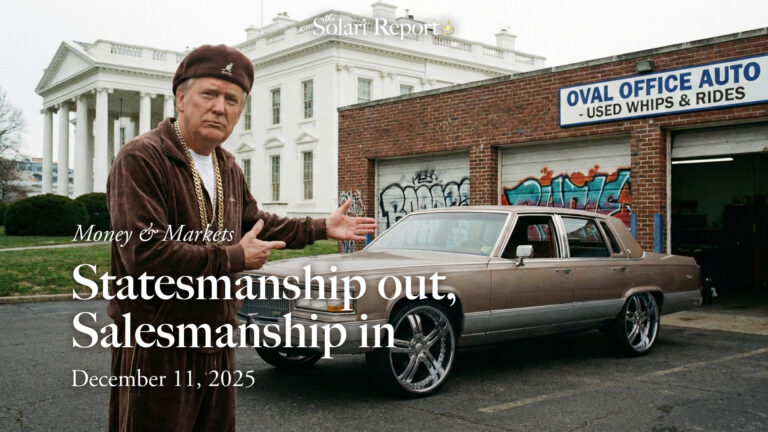
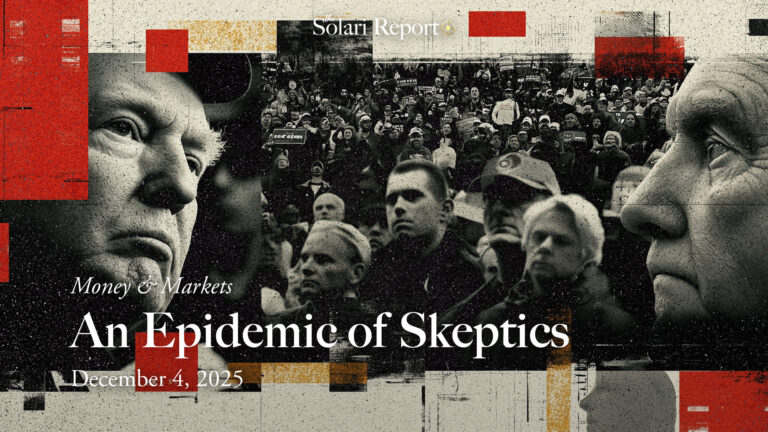

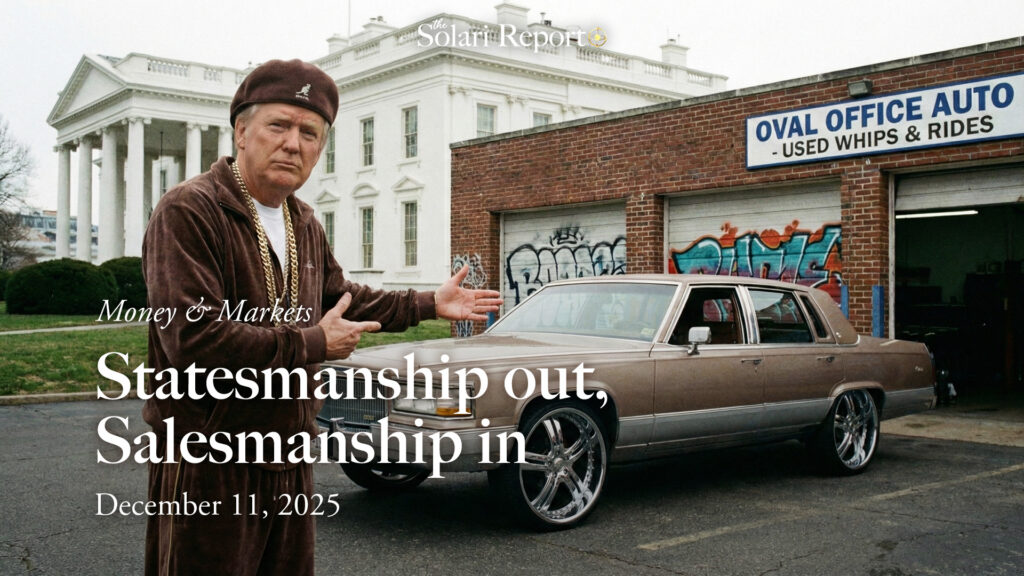
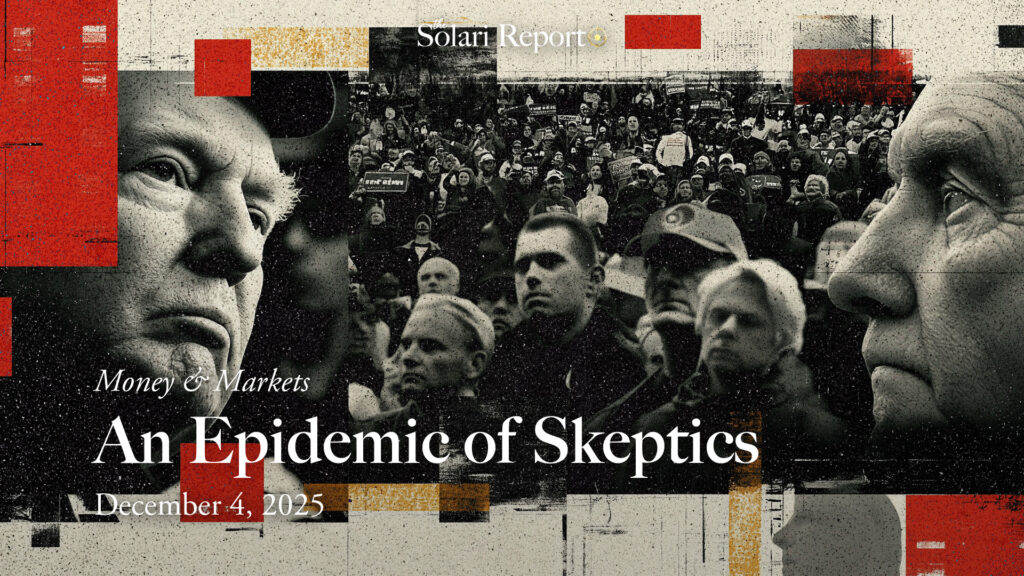

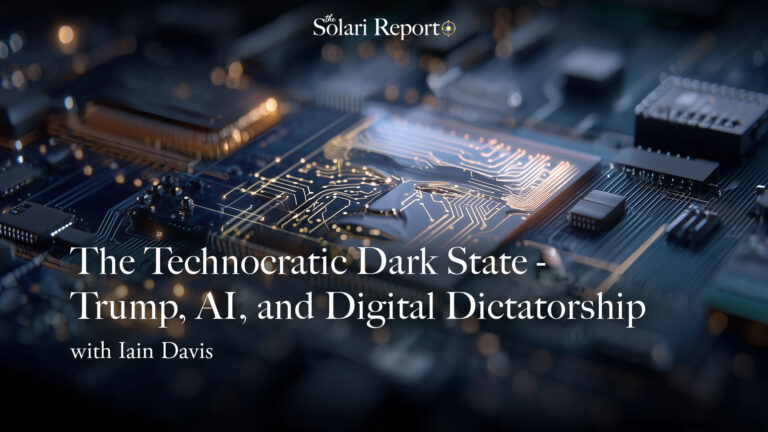

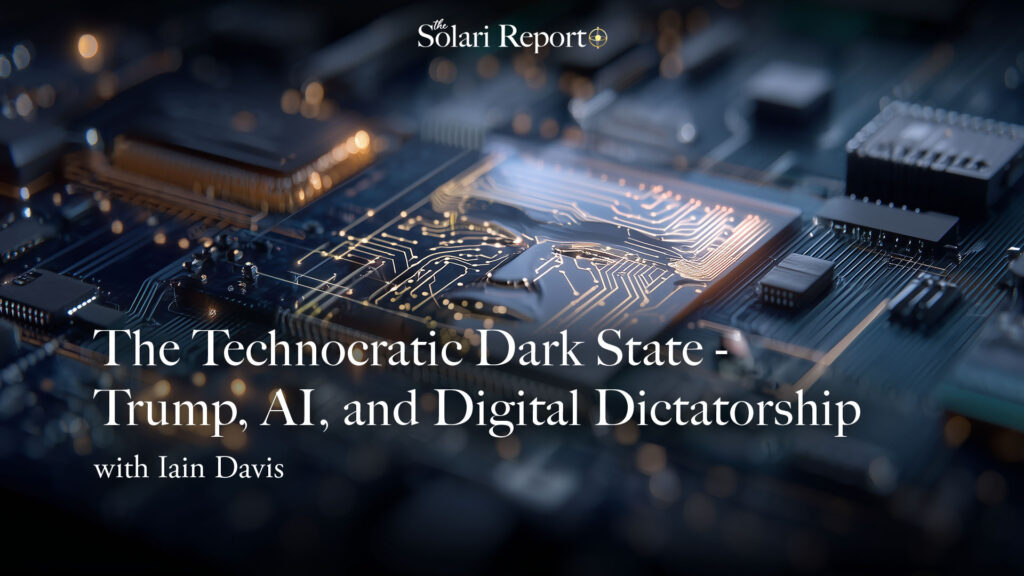














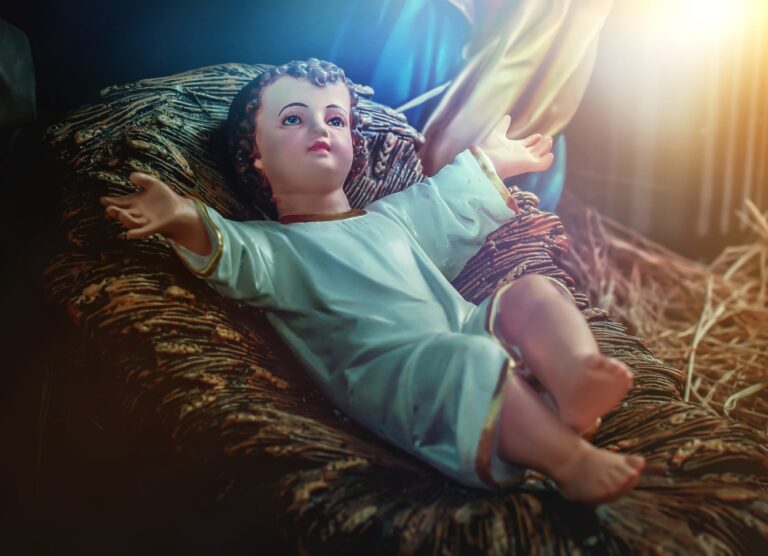
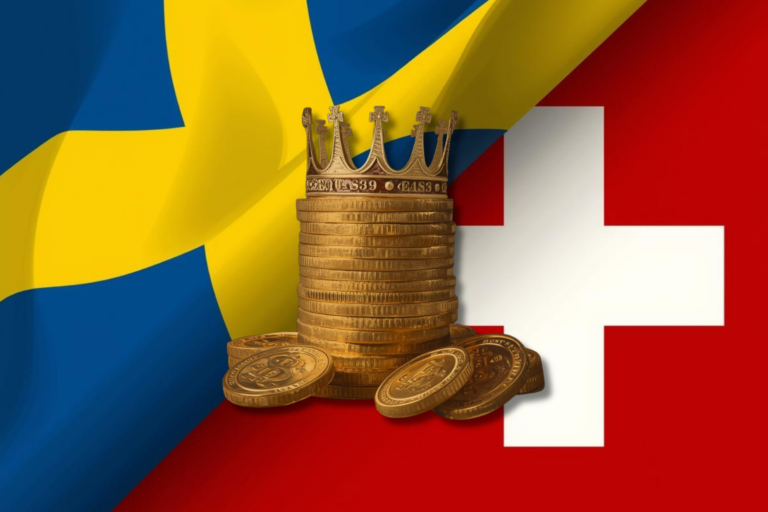
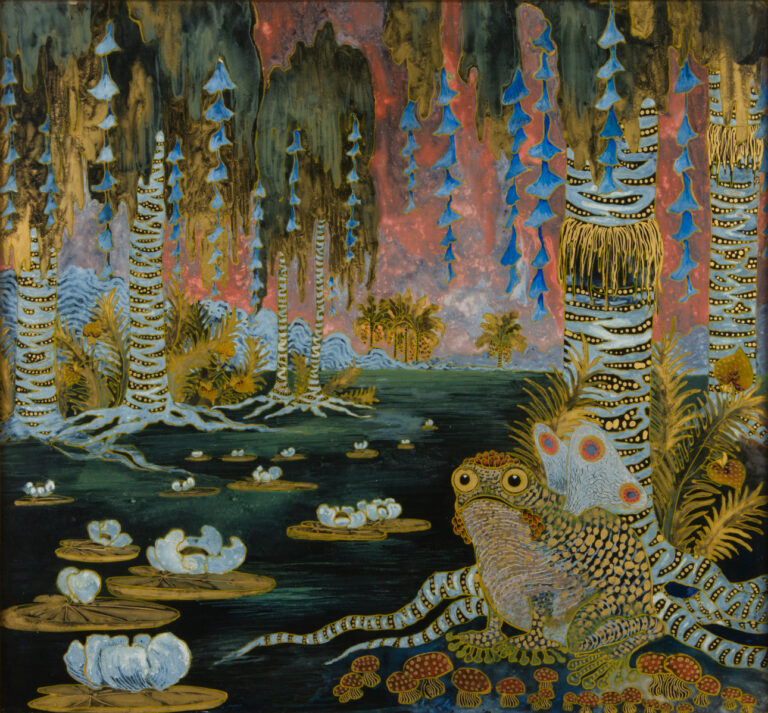
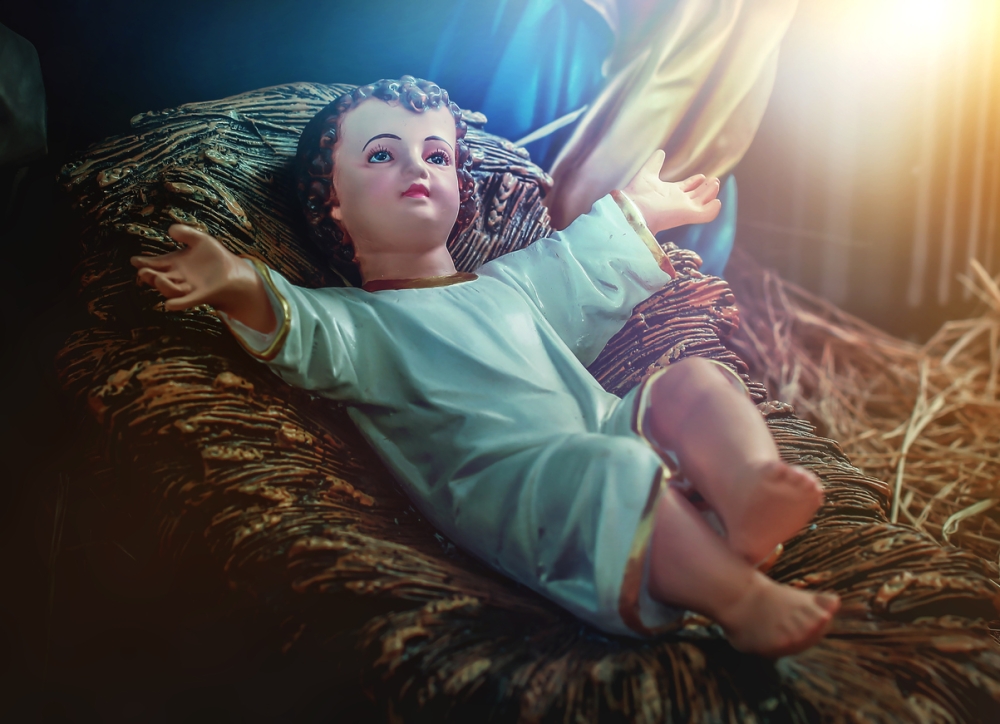
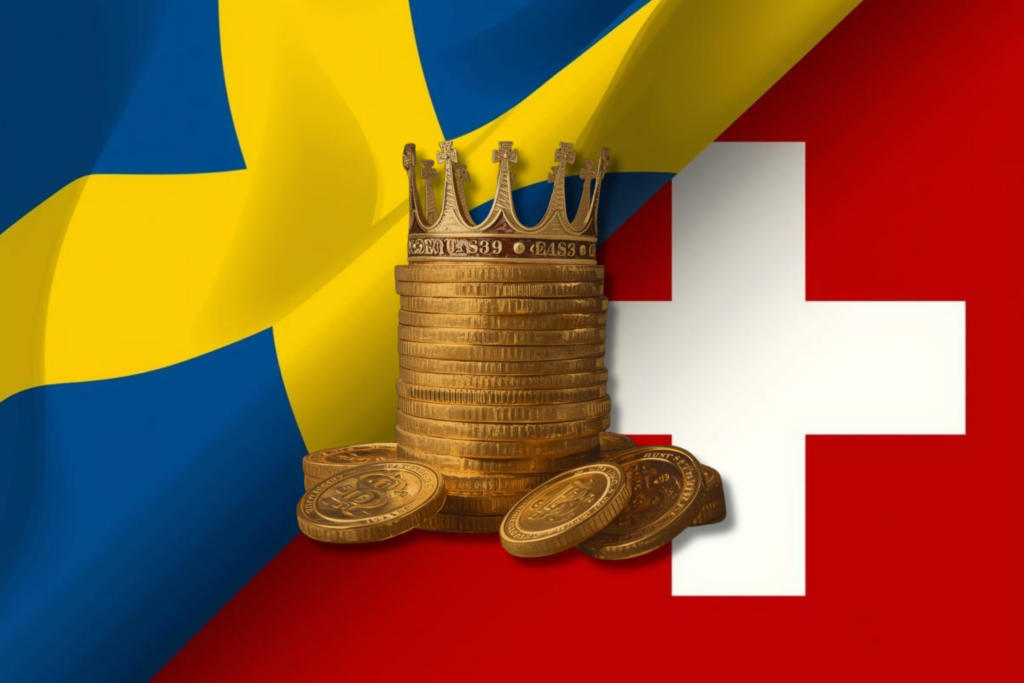
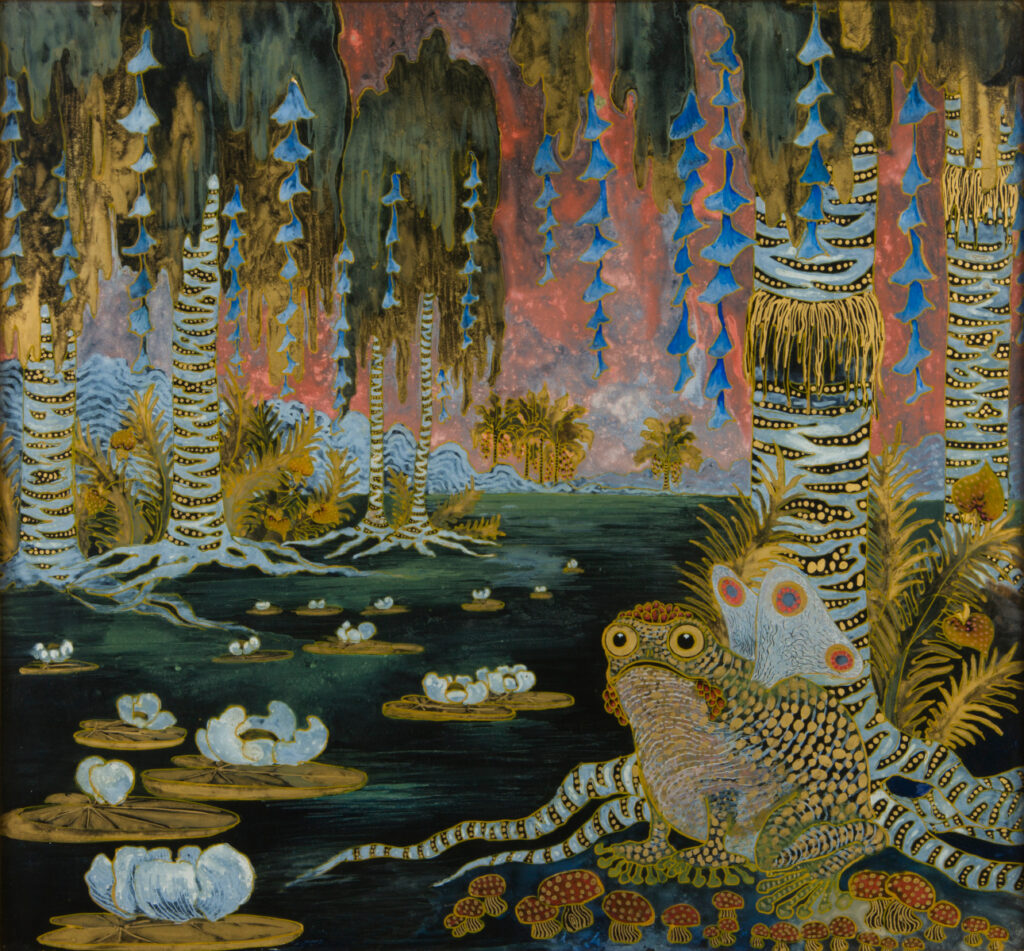






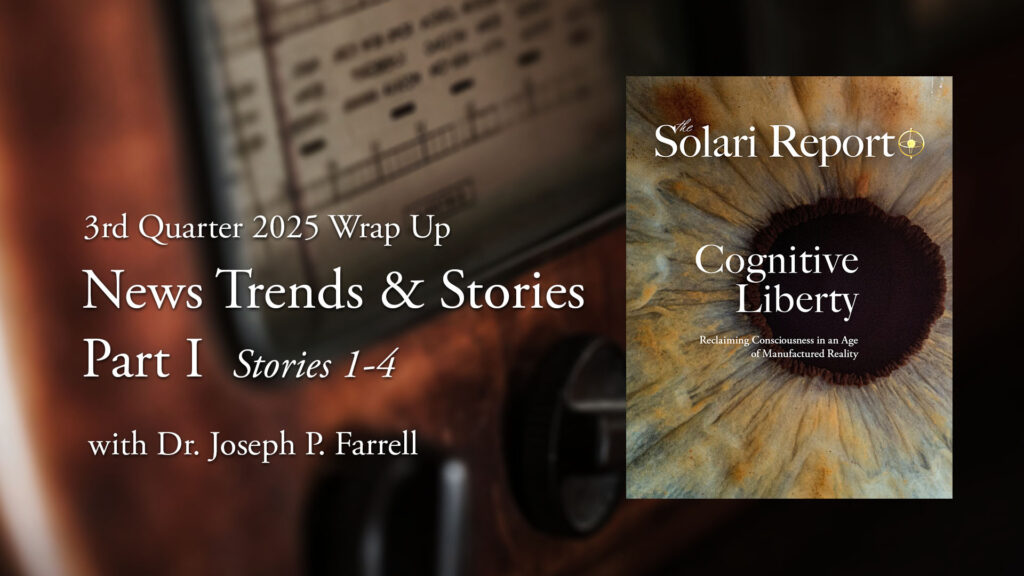
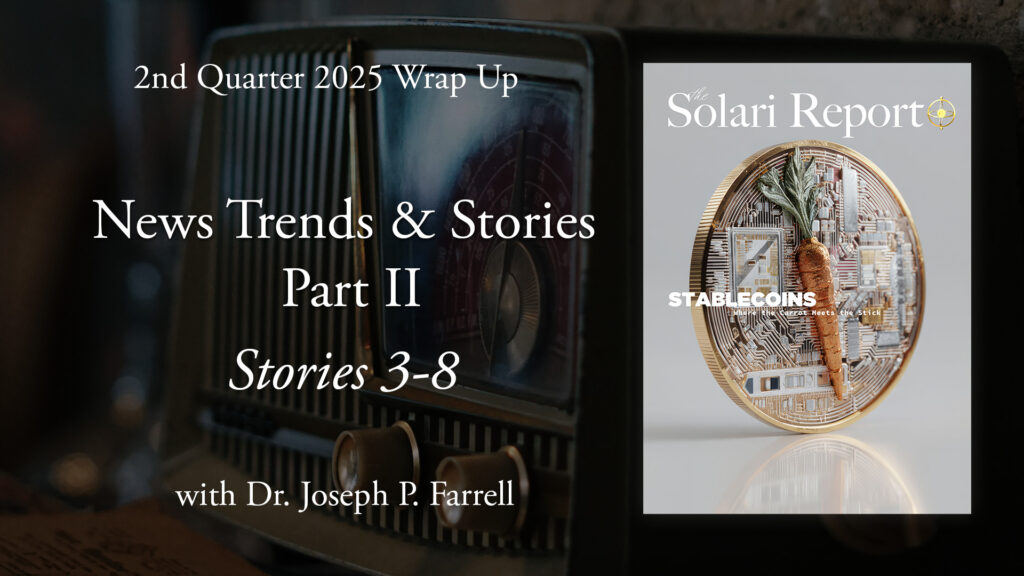


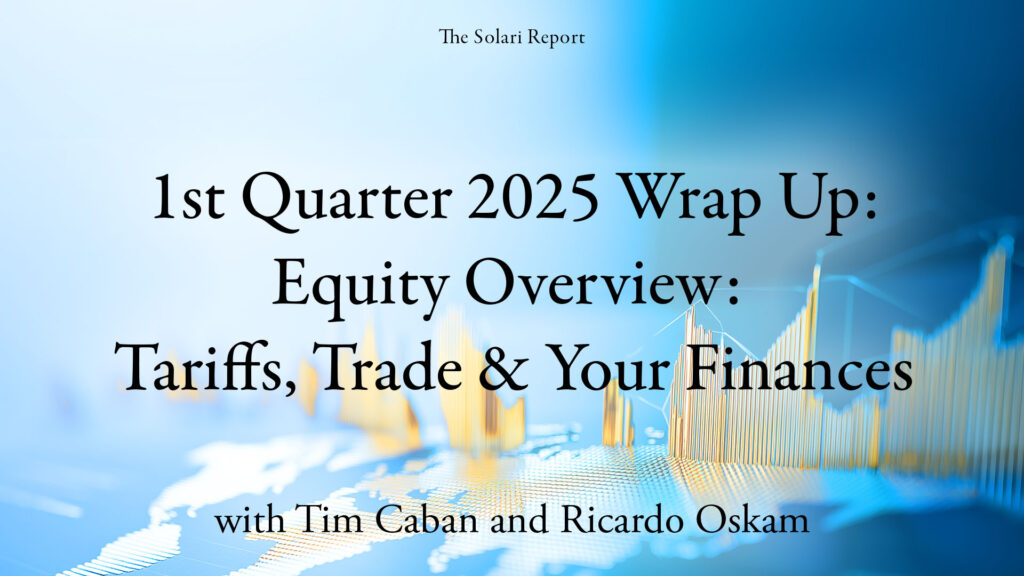








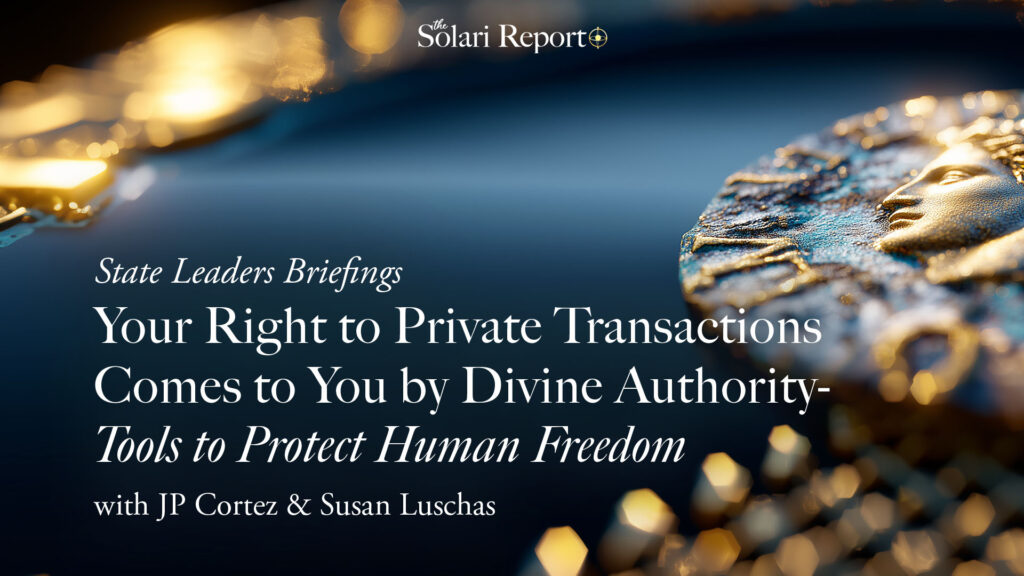


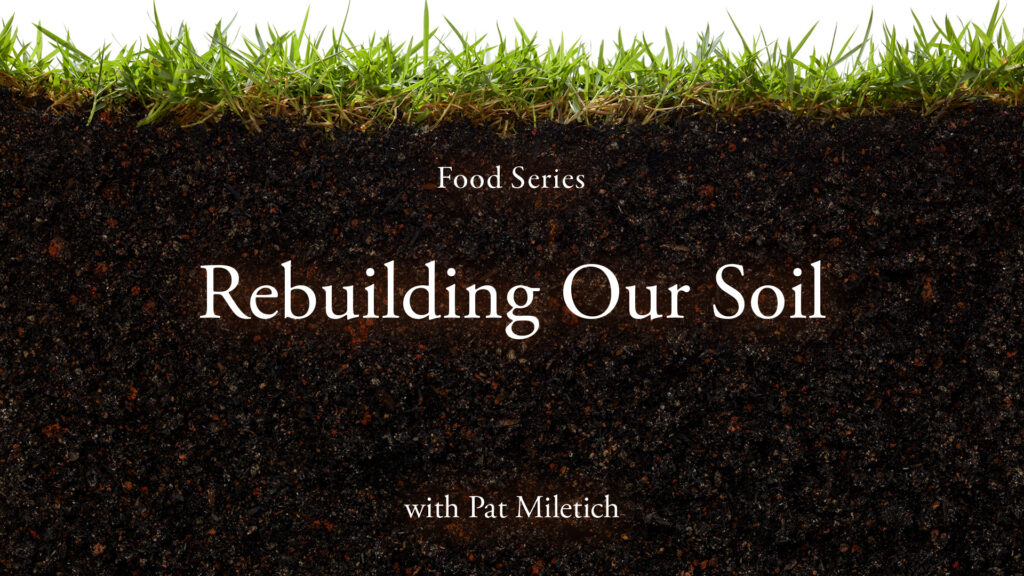
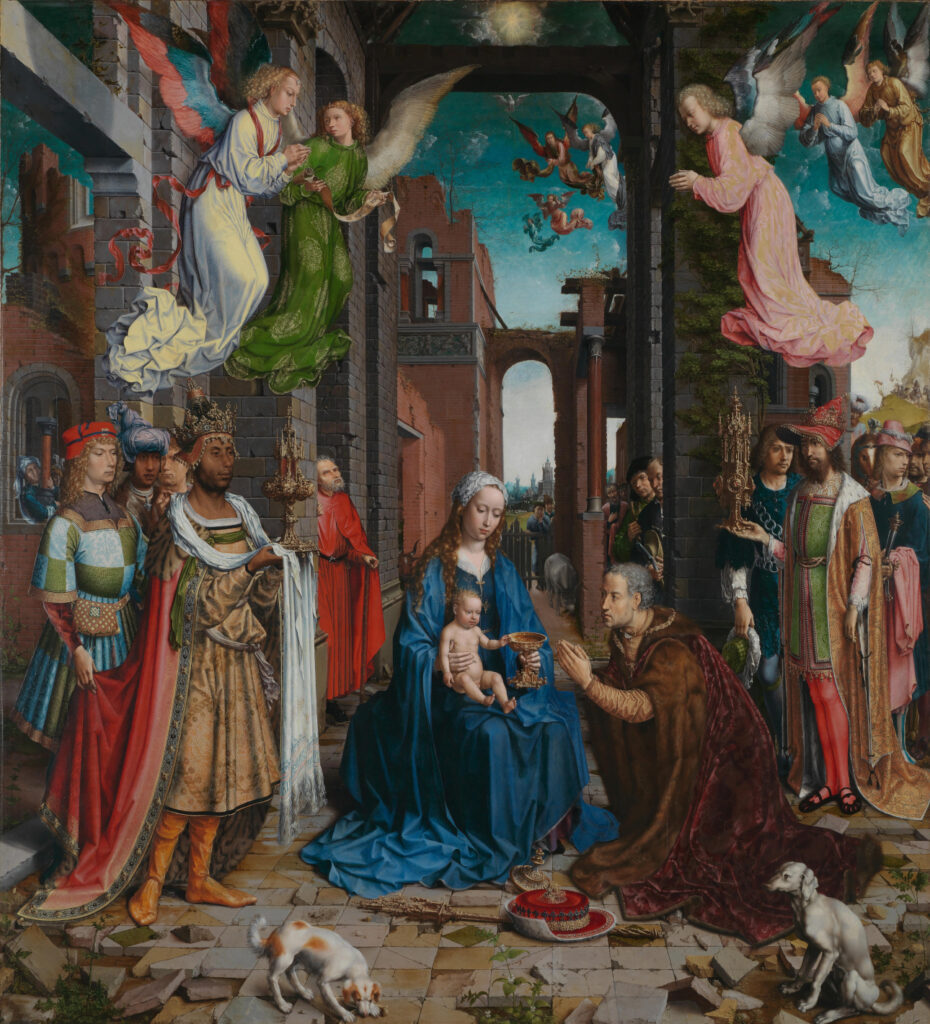





























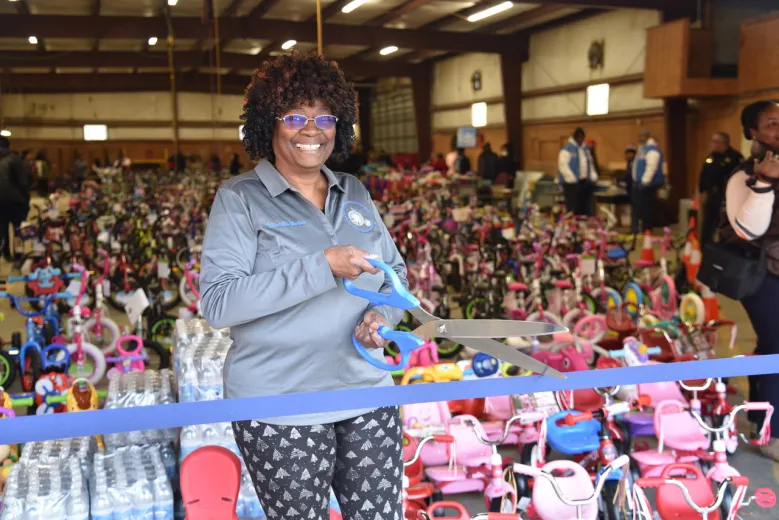
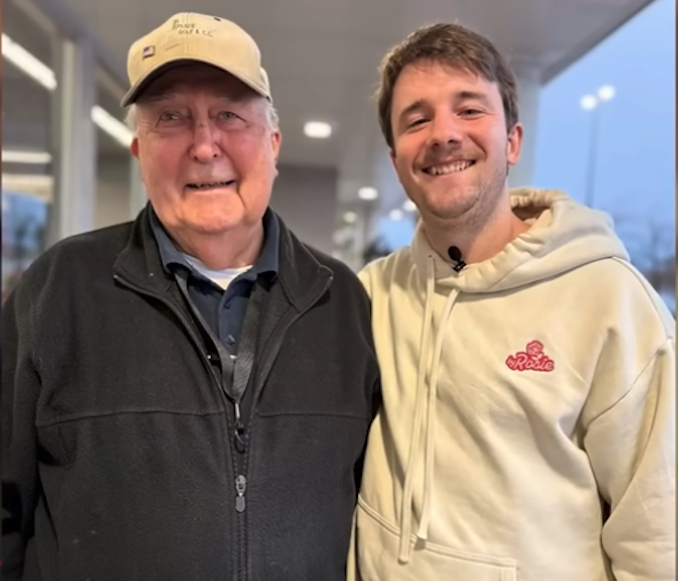
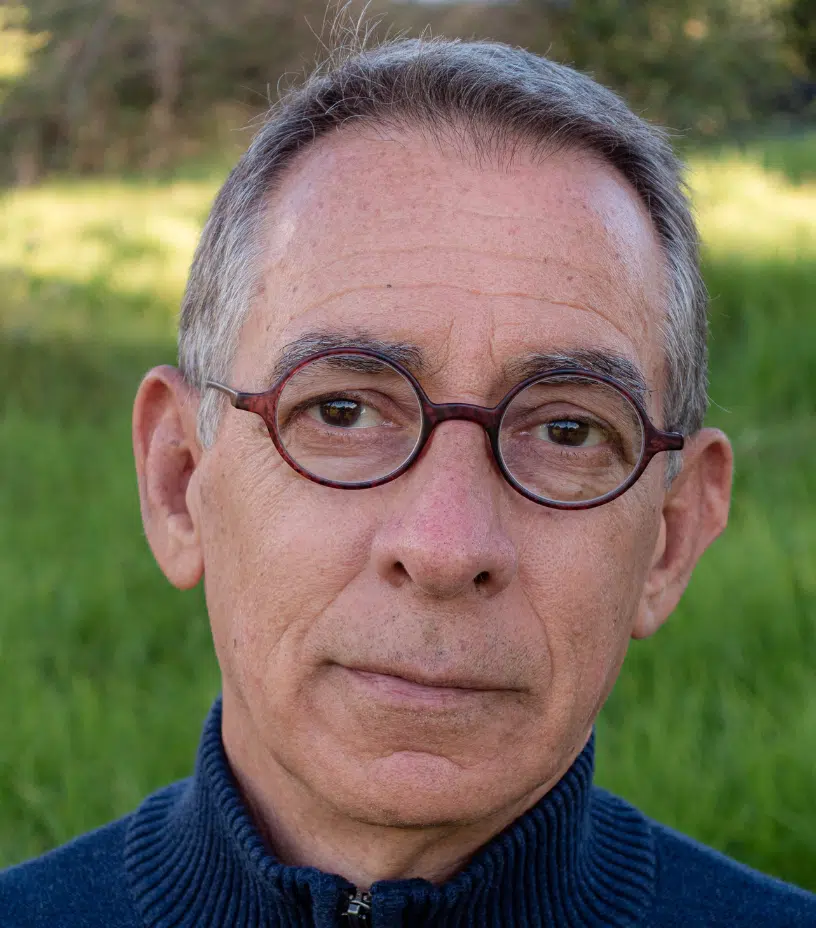
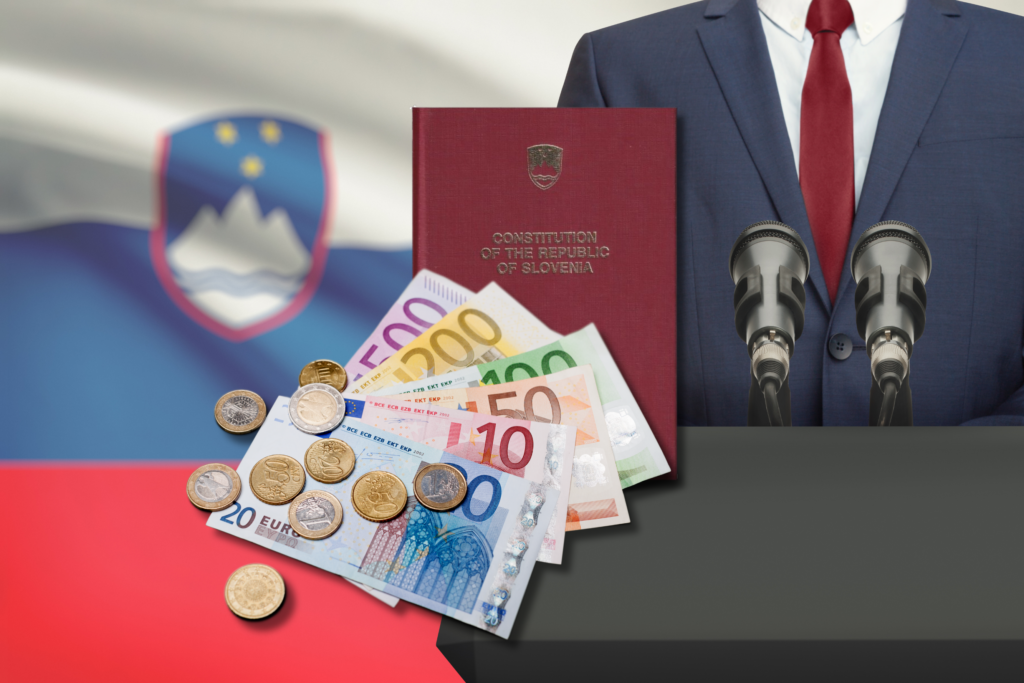
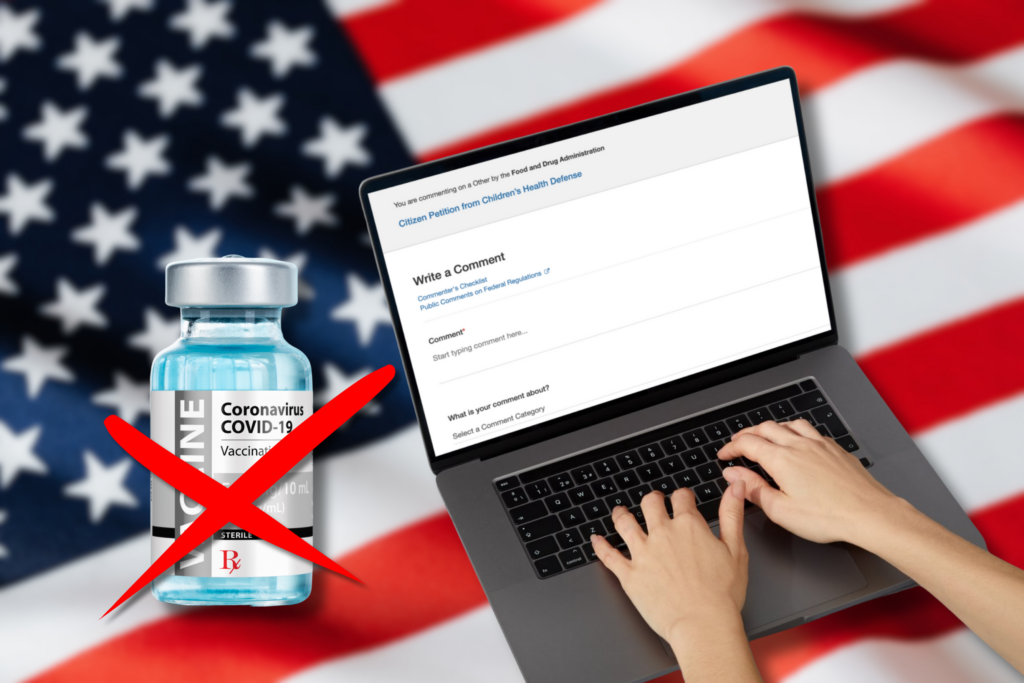
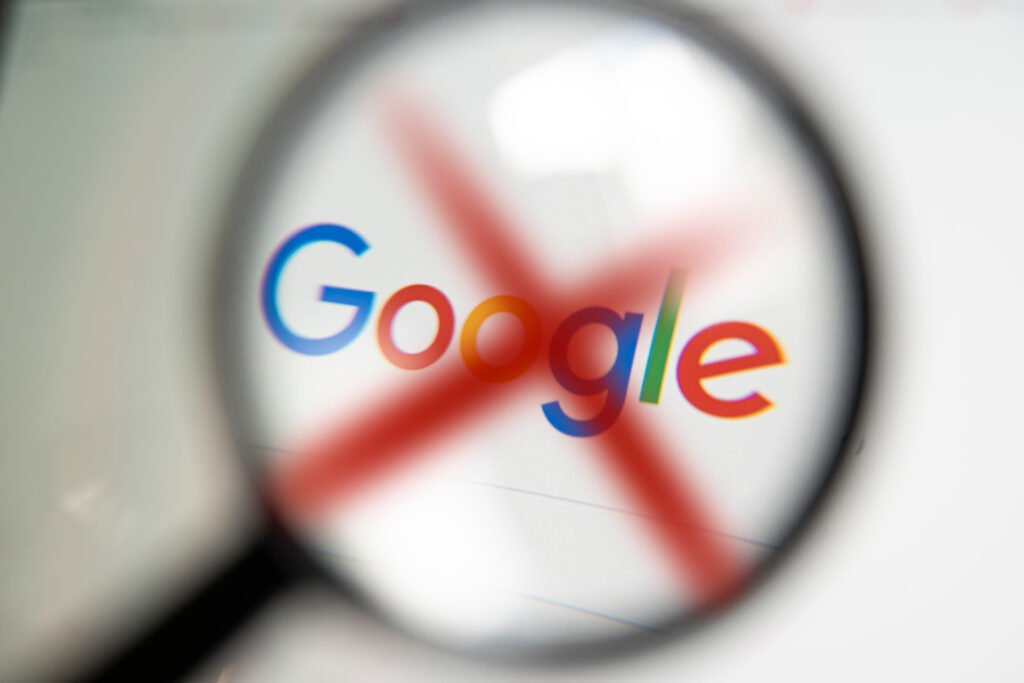





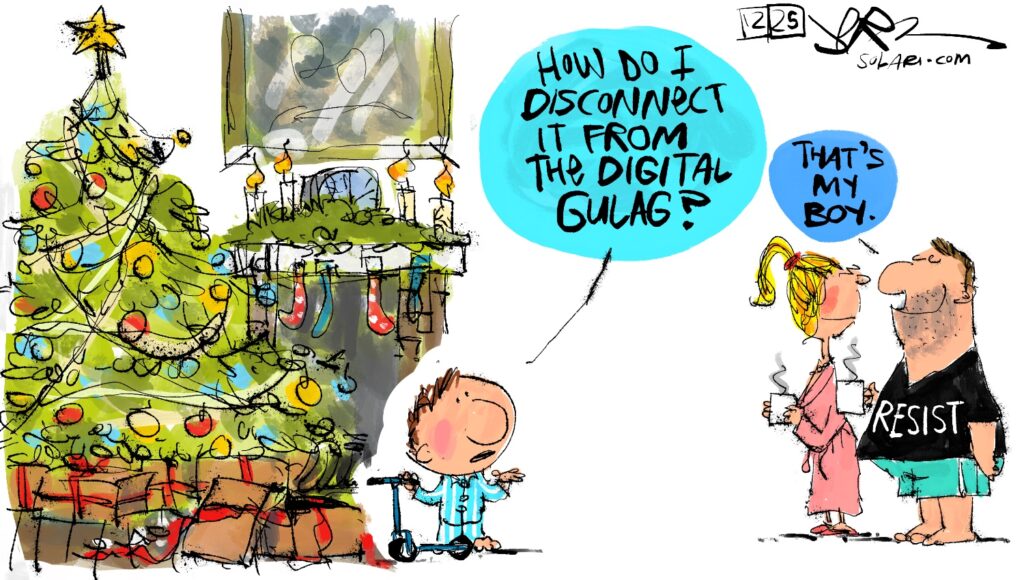
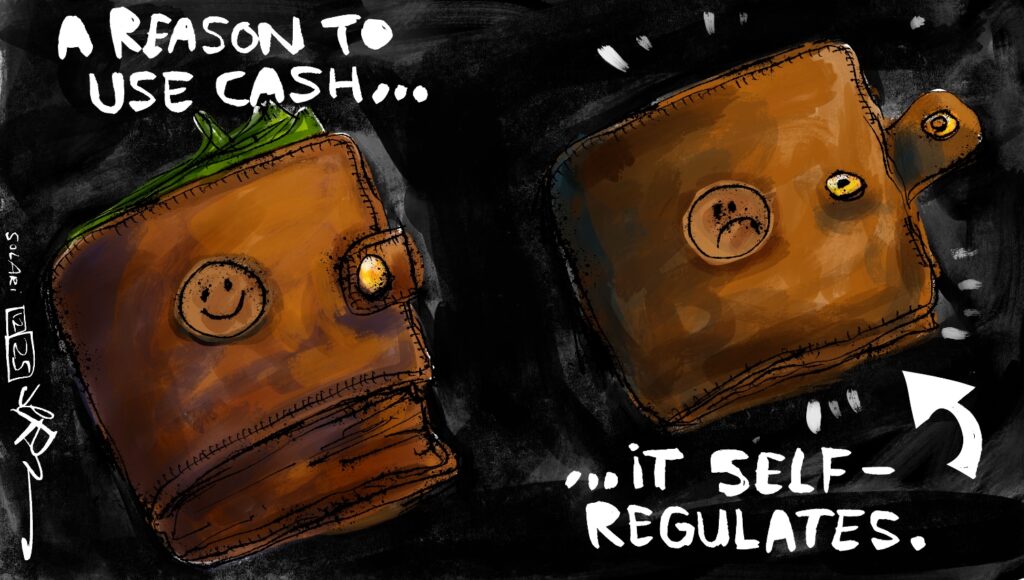
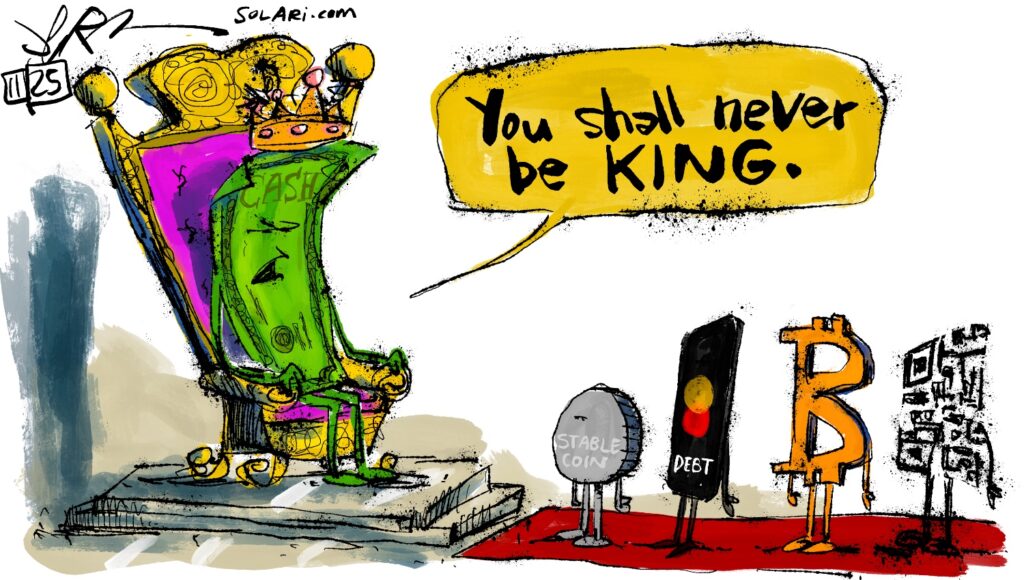



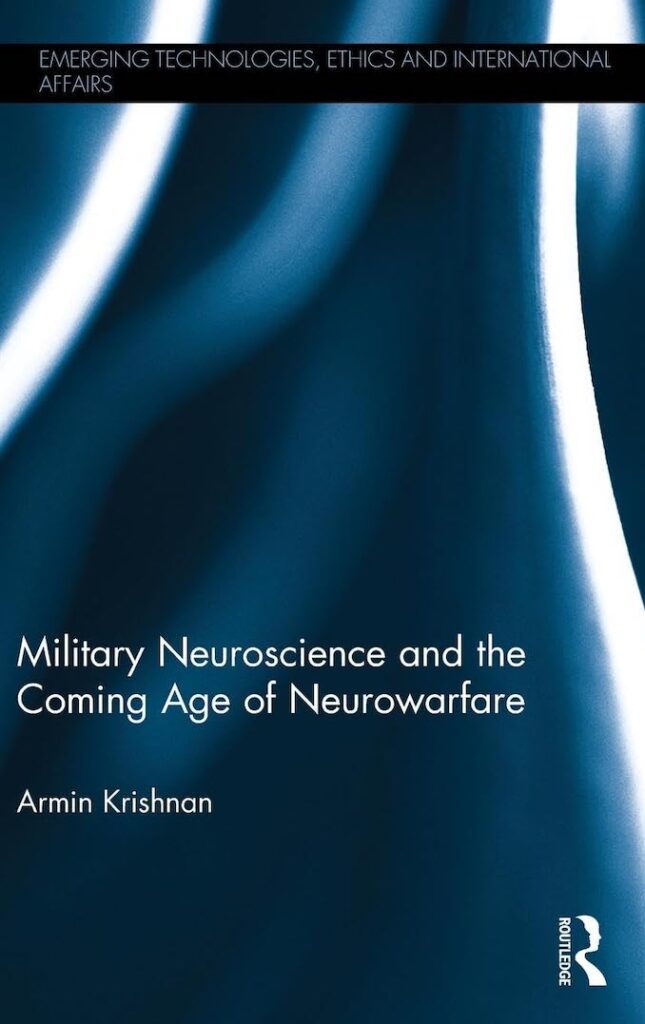



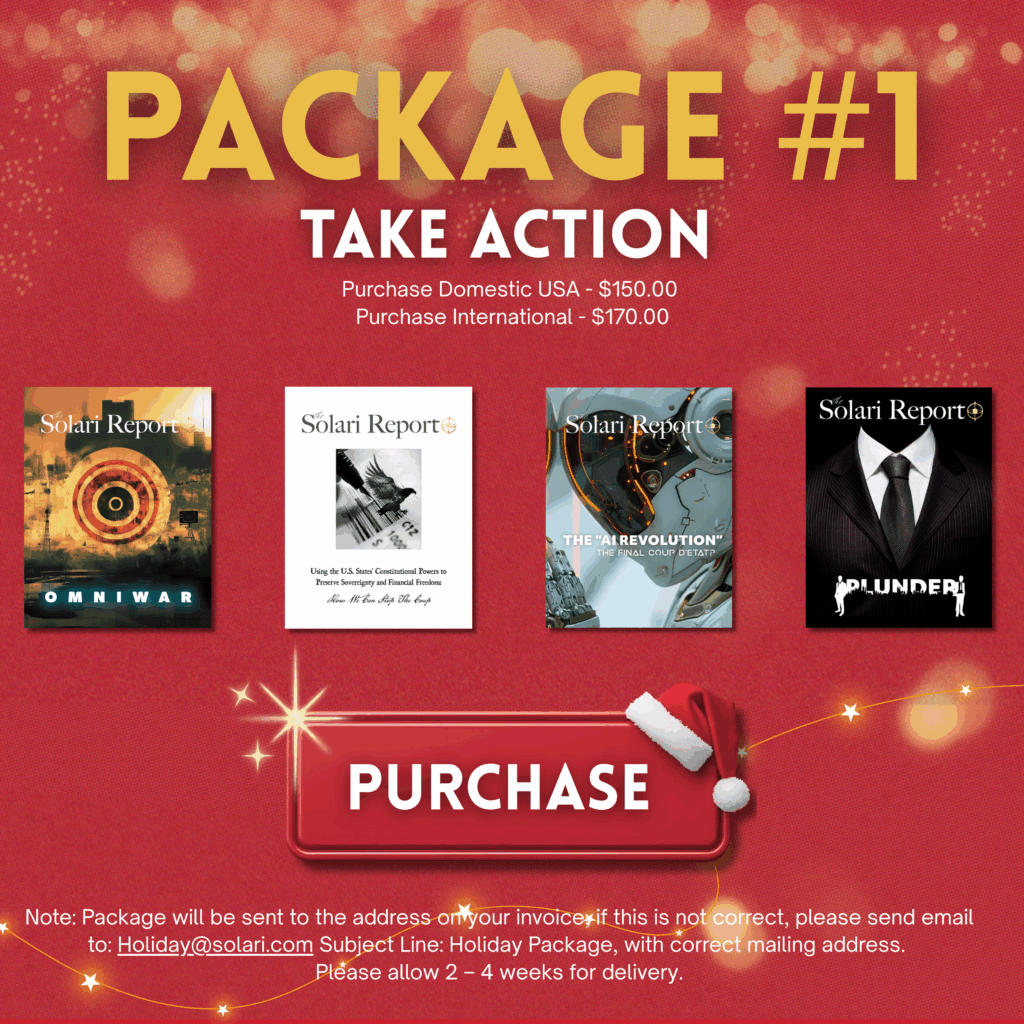
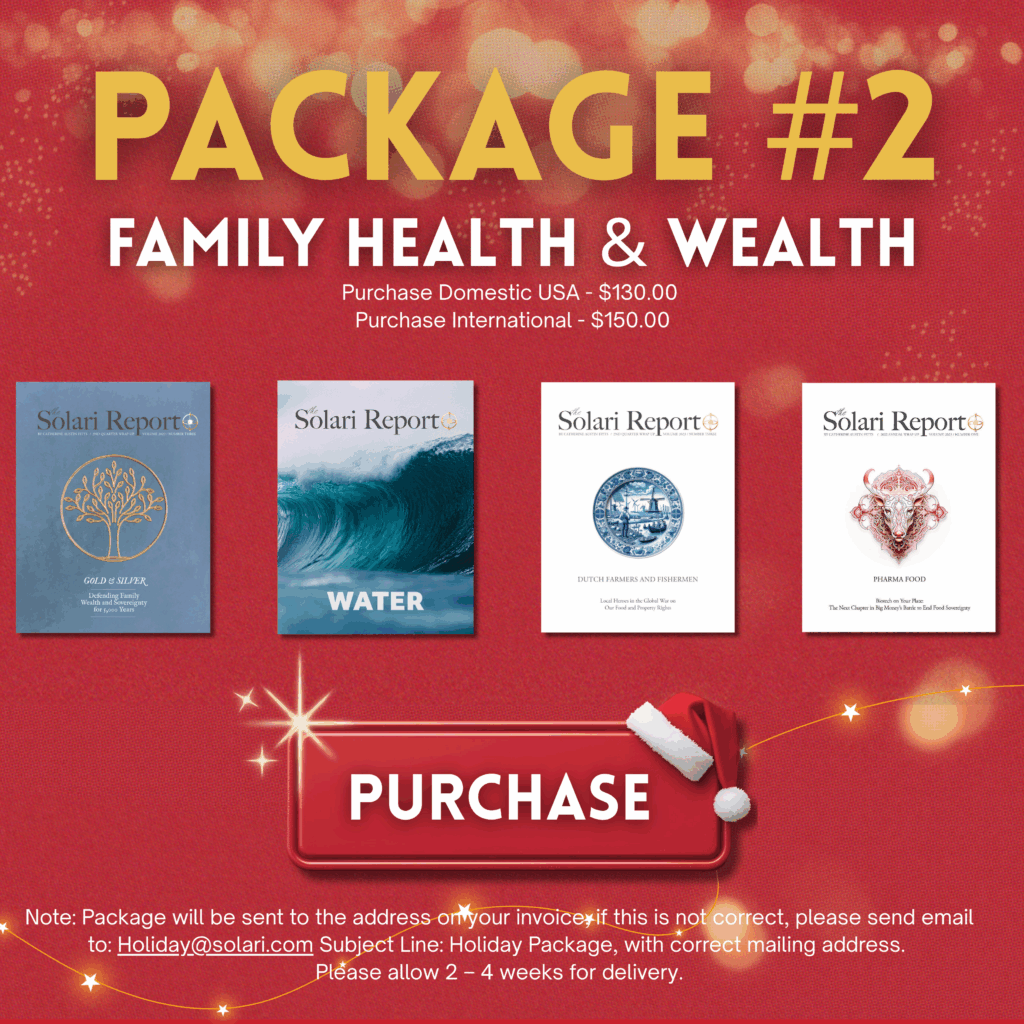
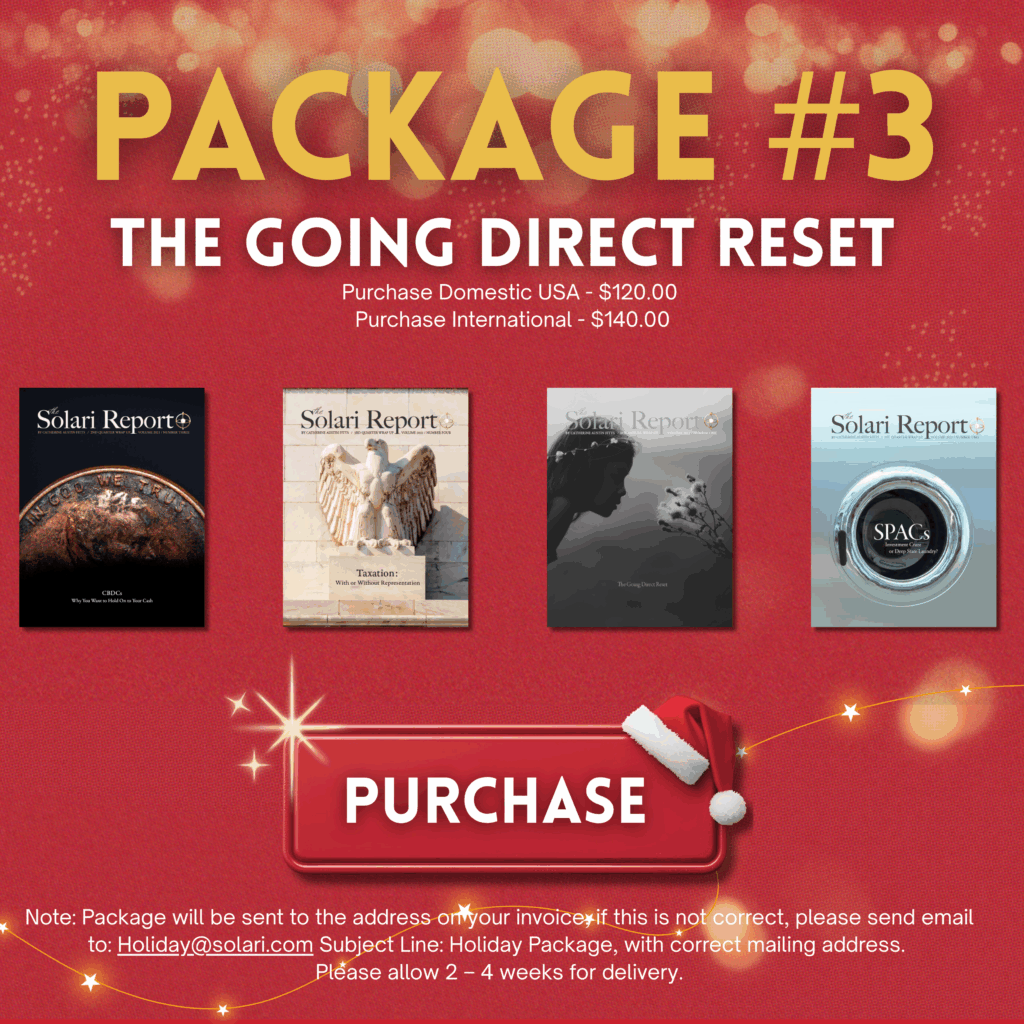
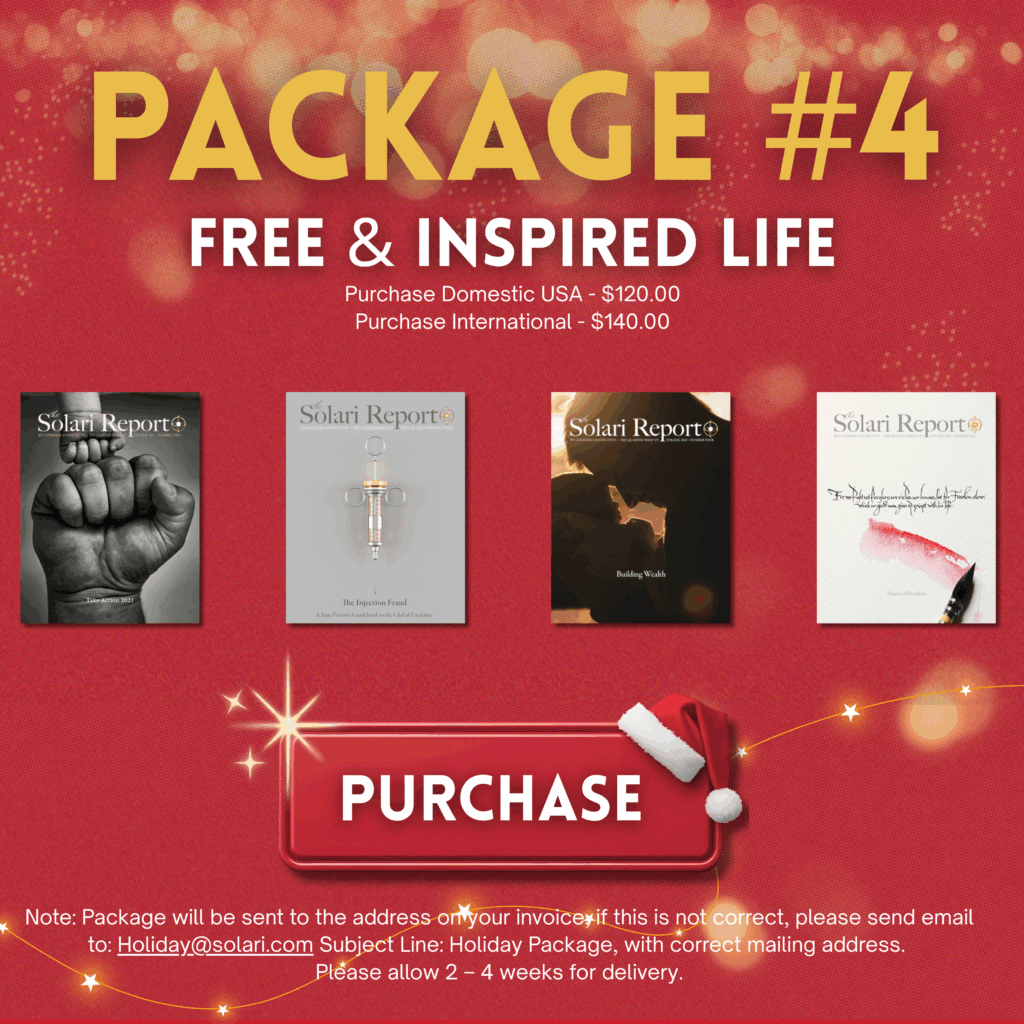
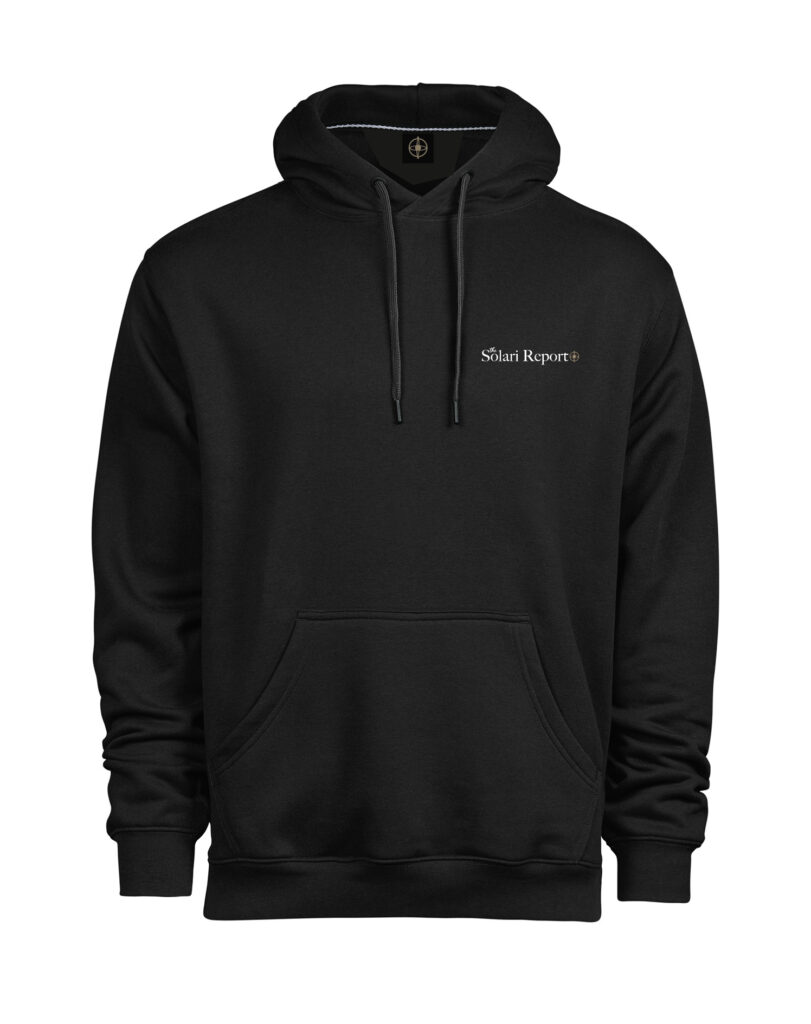
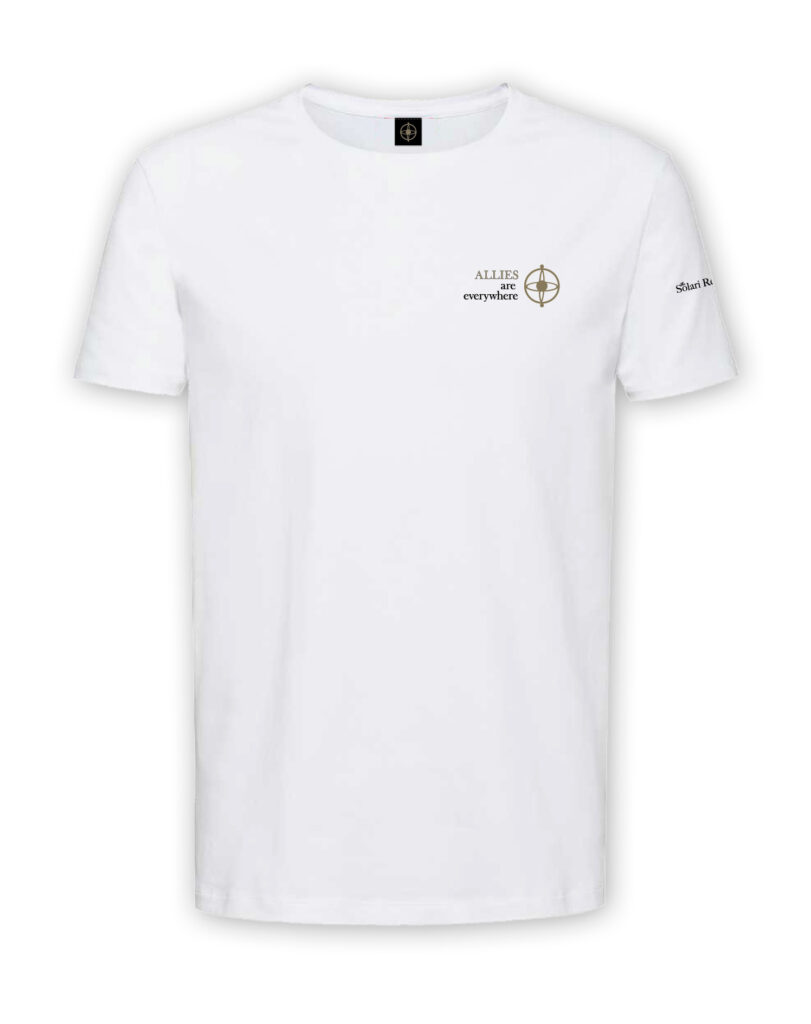
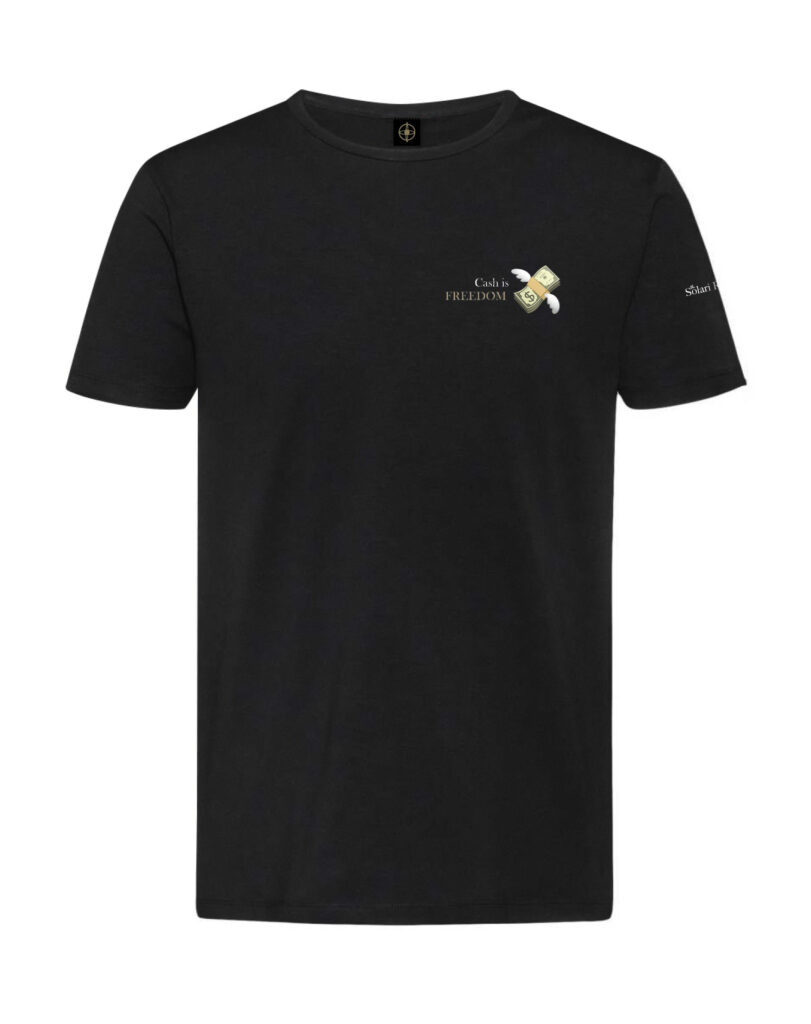





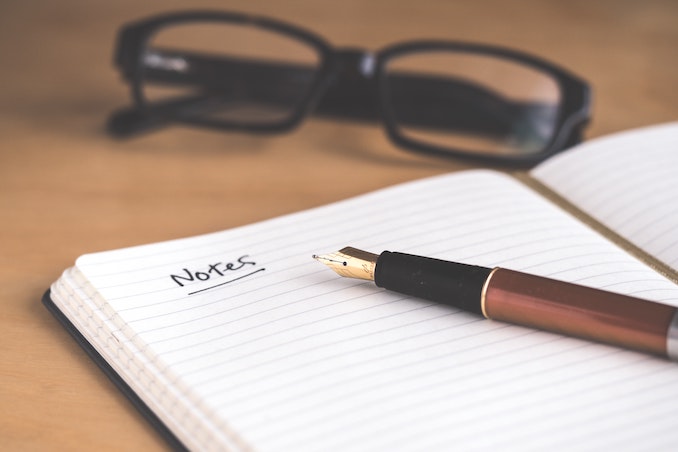

At 21 years old it is rather difficult to understand the multiple issues at their entirity. Whats even harder is making the attempt to bring up political, business, religious, or economic conversation with my “era.” When one my age does actually get a “wild hair” and attempt to seem like they know what is going on with our economy, they havent the slightest clue what they are talking about (let alone hold facts to back up there so called “points).
What is even worse is when I conversate with a person twice my age, they look at me like Im a dumb child. All I am trying to do is reach a better, deeper understanding of what, who, why, when, and well basic understanding of how…..
James- your questioning of “change” is what I ponder most in my speratic day dreaming. One thing is for sure and rather unfortunate- You will never see the lazy, brainwashed, ill-willed American Citizen march to the door step of what we call Government and say “NO MORE!” As long as the American people have there I-PODS, comfortable couches in front of giant television screens, the dollar menue at Mcdonald’s, etc…..then there desire or motivation to rise up against the corruption and greed of this once great nation will be put on a “to-do” list, right up there with attending the gym….
At 21 years old it is rather difficult to understand the multiple issues at their entirity. Whats even harder is making the attempt to bring up political, business, religious, or economic conversation with my “era.” When one my age does actually get a “wild hair” and attempt to seem like they know what is going on with our economy, they havent the slightest clue what they are talking about (let alone hold facts to back up there so called “points).
What is even worse is when I conversate with a person twice my age, they look at me like Im a dumb child. All I am trying to do is reach a better, deeper understanding of what, who, why, when, and well basic understanding of how…..
James- your questioning of “change” is what I ponder most in my speratic day dreaming. One thing is for sure and rather unfortunate- You will never see the lazy, brainwashed, ill-willed American Citizen march to the door step of what we call Government and say “NO MORE!” As long as the American people have there I-PODS, comfortable couches in front of giant television screens, the dollar menue at Mcdonald’s, etc…..then there desire or motivation to rise up against the corruption and greed of this once great nation will be put on a “to-do” list, right up there with attending the gym….
First to say that most in the world are concerned about what is going to happen next in the whole sceam of things. Let me say we have all been taught to seek our own, even in the religions of the world. The TRUE religion of GOD, our creator, the creator of all, tells us to first to seek the needs of others, and of course not enough want to be among the first to do so, fearing they will be left out. Don’t judge the Truth with religions of men, don’t deny the things you know nothing about. The understanding all need to come to, and will come to, is this world is not created for the pleasure of mankind, but to refine man, through the trials that arise in the mix of light and darkness, good and evil and the separation of the two. Evey man has a choice and will follow one or the other, some atempting both only to decieve themselves. These times that we are in now, are the finial years that the Word of GOD describes as occuring just before His return, who, when He comes will bring about an end of man’s evil against each other. The leadership of the world is gathering wealth only to subvert society, to fulfill their own lust through control of mankind, their lust for power. While at the same time the Lord is seeking all that will give up the evils of this world of men and seek Him in to eternal life. Yes, there will be suffering on both sides all the way till the end, but the rewards will be much different. Time is short.
First to say that most in the world are concerned about what is going to happen next in the whole sceam of things. Let me say we have all been taught to seek our own, even in the religions of the world. The TRUE religion of GOD, our creator, the creator of all, tells us to first to seek the needs of others, and of course not enough want to be among the first to do so, fearing they will be left out. Don’t judge the Truth with religions of men, don’t deny the things you know nothing about. The understanding all need to come to, and will come to, is this world is not created for the pleasure of mankind, but to refine man, through the trials that arise in the mix of light and darkness, good and evil and the separation of the two. Evey man has a choice and will follow one or the other, some atempting both only to decieve themselves. These times that we are in now, are the finial years that the Word of GOD describes as occuring just before His return, who, when He comes will bring about an end of man’s evil against each other. The leadership of the world is gathering wealth only to subvert society, to fulfill their own lust through control of mankind, their lust for power. While at the same time the Lord is seeking all that will give up the evils of this world of men and seek Him in to eternal life. Yes, there will be suffering on both sides all the way till the end, but the rewards will be much different. Time is short.
From an economic standpoint, this sounds like very “sound” advice. And I thank the editor for reminding some of the newer kittens out there about some very old and true lessons. These money manners are exactly what some of our grandparents taught us. “Put a little here, and a little there.” Definitely, we shouldn’t put all our eggs in one basket, in any tangible facet of our lives.
However, I am more concerned that despite all this intelligence, we are not able to see truth for itself. It looks like a lot of otherwise intelligent people have found a way to take good advice and remain ignorant. Religion, is a study of the different ways people try to conceptualize God. It isn’t law, nor is it neccessarily always fact. That’s why we have so many of them. Although, we attempt to phantom what God can and cannot do – it is irrelevant to what He can, will or won’t do. When people appear to be without similiar astuteness, and claim that God or Jesus will make a way it’s not because they are ignorant or uneducated. And, (yes at the beginning) it does not infer that they have no economic “smarts” either. It’s a result of history and countless testimonies. Examples, those who have homes paid for now, and didn’t have a job or down payment to pay for it when they closed on the property. Those who survived relocating with a dime their name and now own their own conglomerates.
If you want real names of people and reasons to blame, don’t go as far as concluding that religon or God is at fault. Look in the mirror. A God that most don’t believe in didn’t make our messes, we did. Either we are the ones who elected these shams; we are the the shams or this is the art of our own mistakes. Fess up to it.
The only living God, and his son Jesus Christ, our only savior (Acts 4:11) whether we believe or not, are the only reasons we have half the wits that we think. For it is him that has supplied the world with mercy, prayer warriors, the mathematically gifted, and even the economic savy with a heart to know Him, and still decide to share true wisdom about these with the rest. Give the gifted their “props,” but without taking any away from God.
From an economic standpoint, this sounds like very “sound” advice. And I thank the editor for reminding some of the newer kittens out there about some very old and true lessons. These money manners are exactly what some of our grandparents taught us. “Put a little here, and a little there.” Definitely, we shouldn’t put all our eggs in one basket, in any tangible facet of our lives.
However, I am more concerned that despite all this intelligence, we are not able to see truth for itself. It looks like a lot of otherwise intelligent people have found a way to take good advice and remain ignorant. Religion, is a study of the different ways people try to conceptualize God. It isn’t law, nor is it neccessarily always fact. That’s why we have so many of them. Although, we attempt to phantom what God can and cannot do – it is irrelevant to what He can, will or won’t do. When people appear to be without similiar astuteness, and claim that God or Jesus will make a way it’s not because they are ignorant or uneducated. And, (yes at the beginning) it does not infer that they have no economic “smarts” either. It’s a result of history and countless testimonies. Examples, those who have homes paid for now, and didn’t have a job or down payment to pay for it when they closed on the property. Those who survived relocating with a dime their name and now own their own conglomerates.
If you want real names of people and reasons to blame, don’t go as far as concluding that religon or God is at fault. Look in the mirror. A God that most don’t believe in didn’t make our messes, we did. Either we are the ones who elected these shams; we are the the shams or this is the art of our own mistakes. Fess up to it.
The only living God, and his son Jesus Christ, our only savior (Acts 4:11) whether we believe or not, are the only reasons we have half the wits that we think. For it is him that has supplied the world with mercy, prayer warriors, the mathematically gifted, and even the economic savy with a heart to know Him, and still decide to share true wisdom about these with the rest. Give the gifted their “props,” but without taking any away from God.
I was privileged to hear avant-garde composer/philosopher John Cage speak some years ago. An audience member asked him during Q and A time whether a proletarian revolution can ever take place here in the USA and he responded “No. Too many are far too comfortable for that to occur.” Even with the millions of foreclosures putting families out on the street there is still enough of an unaffected population to resist the urge to take to the streets en masse in protest of this economic mass murder and robbing of the public treasure.